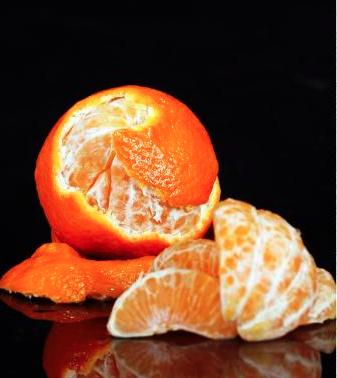Welcome to Day 25 of my blog series based on Judith Hansen-Lasater’s “A Year of Living Your Yoga.”
I will try to keep these posts to about 500 words.
Here is the quote:
September 25 — Give up your attachment to the way you think things are, so you can experience things as they actually are. Our beliefs create a screen between what is and how we want things to be. Yoga is a practice to help us let go of that screen and live authentically. What believe can you let go of today?
So this is a great idea and I really needed to land on it for life. I was going to say “today” or “this series” or “this year…” but the fact is that my life would be generally more pleasant and less complicated if I simply accepted the way it is instead of preferring that it be something else.
Overall, my life is very pleasant and utterly endurable. I feel that my formative years were just that: shaping and demanding and grueling. I married a great guy and have three smart, clever, good, sensitive, and candid sons. I have managed to step blithely (I believe anyhow) into the depths of middle age and I hope that this “season” of middle age will last another 10 years until I will begin advanced age or the regret-less blue-haired lady age, like that Hallmark Card old lady, Maxine. My knees are already starting to resemble those of an elephant, and elephants are born looking that way, so I feel slightly advantaged.
So back to the quote: When we take away the screen (I’ll call it a filter, maybe Lasater is British), life takes on a certain seeming harshness. It’s not really harsh, it’s just reality. I have never been one who has looked at life as Daisy Buchanan in Gatsby (the only truly worthwhile screen adaptation of that book IMHO). Daisy had a white-knuckled grip on fragile idealism. The soft-focus lens effect on her in the film had a significant effect in my appreciation of her portrayal.
So while I admire Daisy’s feckless romanticism, i’s never been my gift. I have tended to usually be a realist, pragmatist and at times a fatalist. I remember saying for many years, “have low expectations, then you’ll rarely be disappointed.” I look back on that now and I see how much I’ve cheated myself out of living more fully and experiencing life instead of dulling it so bluntly. I have seldom encouraged idealism in myself. I wonder where that comes from: was it learned? Did I anticipate positivity and have it disintegrate and dissolve in my hands?
So my “screen” has been one of marginal safety. I would like to think I’m not fear-based (that’s an attachment right there), but the more I think about it, I suspect that I have become risk-averse instead of an adventuresome person.
This is a little troubling, actually.
So now what? Do I make a sky-diving reservation?
I guess I can follow her advice: give up my attachment to the way I think things are. This is a deeper concept than I am willing to explore in this blog post, but I suspect if you’re with me this far and you’re picking up what I’m putting down, it’s likely a curious concept to you as well.
In terms of yoga, I see this all the time: students comparing themselves with other students and trying to figure out if they’re doing a pose “right.” If your ego is in the pose properly, you really can’t be looking at anyone else anyway. Often the gazes are encouraged toward Heaven or beyond or behind us. In the forward-looking poses, your gaze is fixed, often for focus and balance. Some poses, such as Downward Facing Dog, encourage that your gaze rest completely in your present moment at the space between your hands on the mat. I actually like to close my eyes when I can (ACK: am I denying the present moment when I do that?? ARGH!). Let it go, let it go…
How do you tend to see life? How do you tend to live life? How do you attach to your past and your future while (gulp) dismissing the present?
Drop your filter: your fears, your preferences, your expectations, your needs. That’s the Work. Life doesn’t have to be perceived as something else than what it is; that’s our doing, and it’s likely making a mess of things for ourselves. When we release that filter, screen, then we are free.
Thank you.




